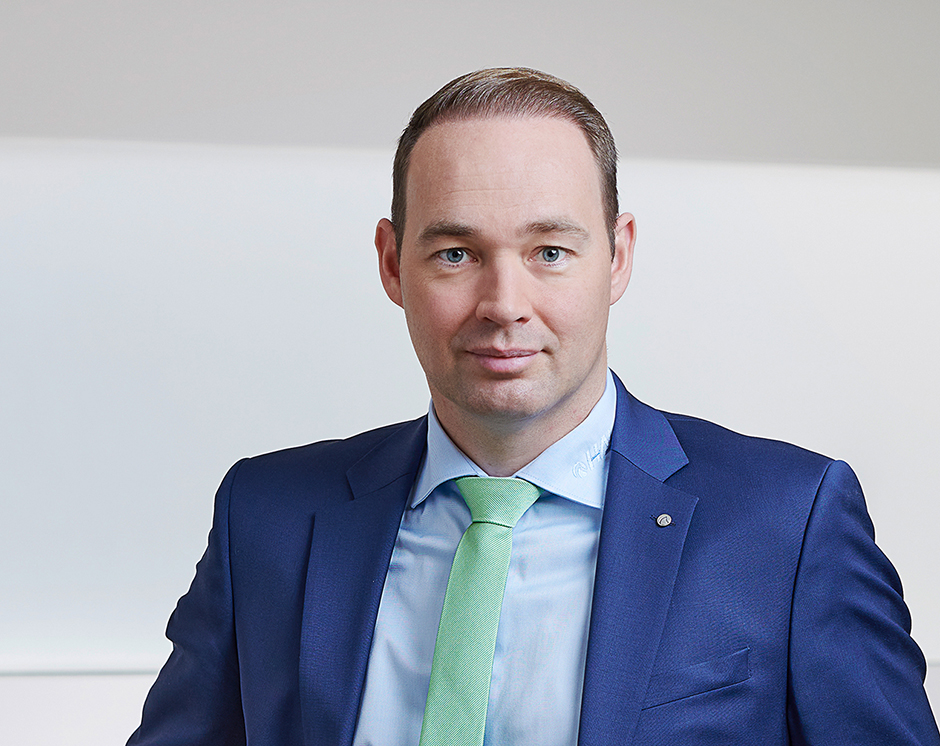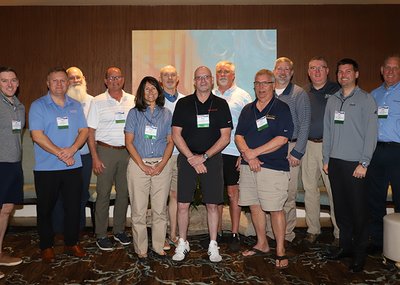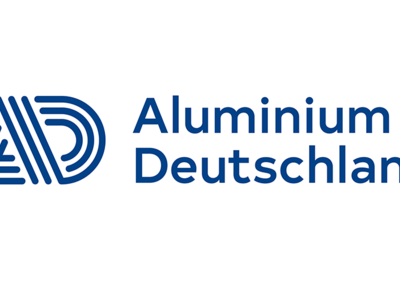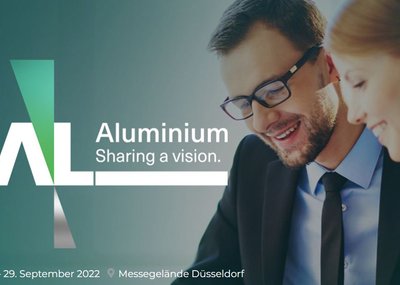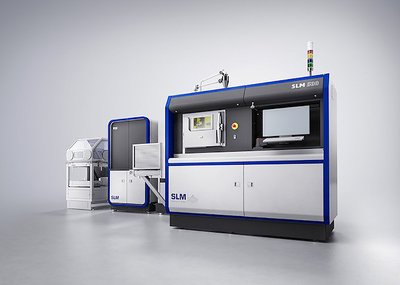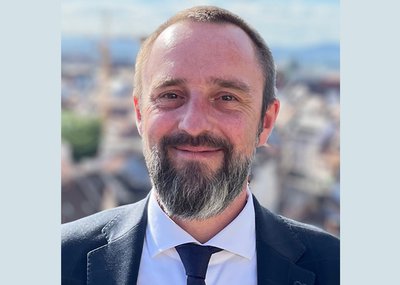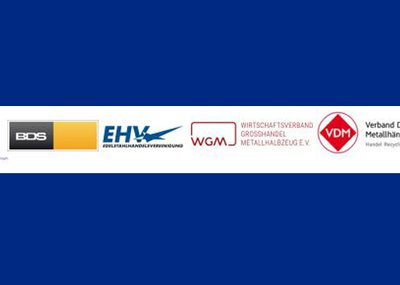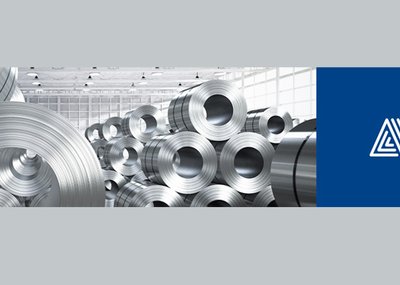Today the general meeting of Aluminium Deutschland (AD) took place in Berlin.
For the last time after seven years in office, Dr. Hinrich Mählmann, Chairman of the Advisory Boards of OTTO FUCHS KG and Schüco International KG, addressed the members as President. Accordingly, the event focused in particular on the election of a new association president. The choice fell unanimously on Rob van Gils, CEO of Hammerer Aluminium Industries.
The new AD President Rob van Gils emphasized: "I thank the association members for their trust and look forward to the new task, which is associated with an enormous challenge. I would like to thank Dr. Mählmann, who has modernized the association and raised its profile during his term of office. It has never been more pressing than today: the aluminum industry is currently facing what is probably the toughest test in its history. Price developments on the energy markets are depriving large parts of German industry of their competitiveness - with corresponding consequences for employment in the companies. Particularly in this situation, the Office has a special responsibility."
AD survey underscores urgency for swift political action
A recent member survey conducted by AD shows that around four out of ten companies in the German aluminum industry have secured electricity until the end of 2022 and will have to buy at significantly higher prices from as early as 2023 - in just over three months' time. The same applies to the procurement of gas. For a further 30 percent, this will be the case from mid-2023.
Van Gils continues: "We are already seeing the first plant closures in Germany and Europe due to high gas and electricity prices. Most companies in the aluminum industry have secured themselves with energy for a certain period of time by acting with foresight. For some, however, the tree is already on fire."
The timeframe for political action is therefore very limited. Van Gils: "We are talking about a few months - if at all. Politicians must now quickly initiate relief for energy-intensive industry so that Germany does not become the "Rust Belt" of Europe. They should also bear in mind that demand for aluminum will increase in the course of the energy and transport turnaround and that this also offers potential for the location and employment. With the right framework conditions, we can become the job engine in the transformation of European industry."

